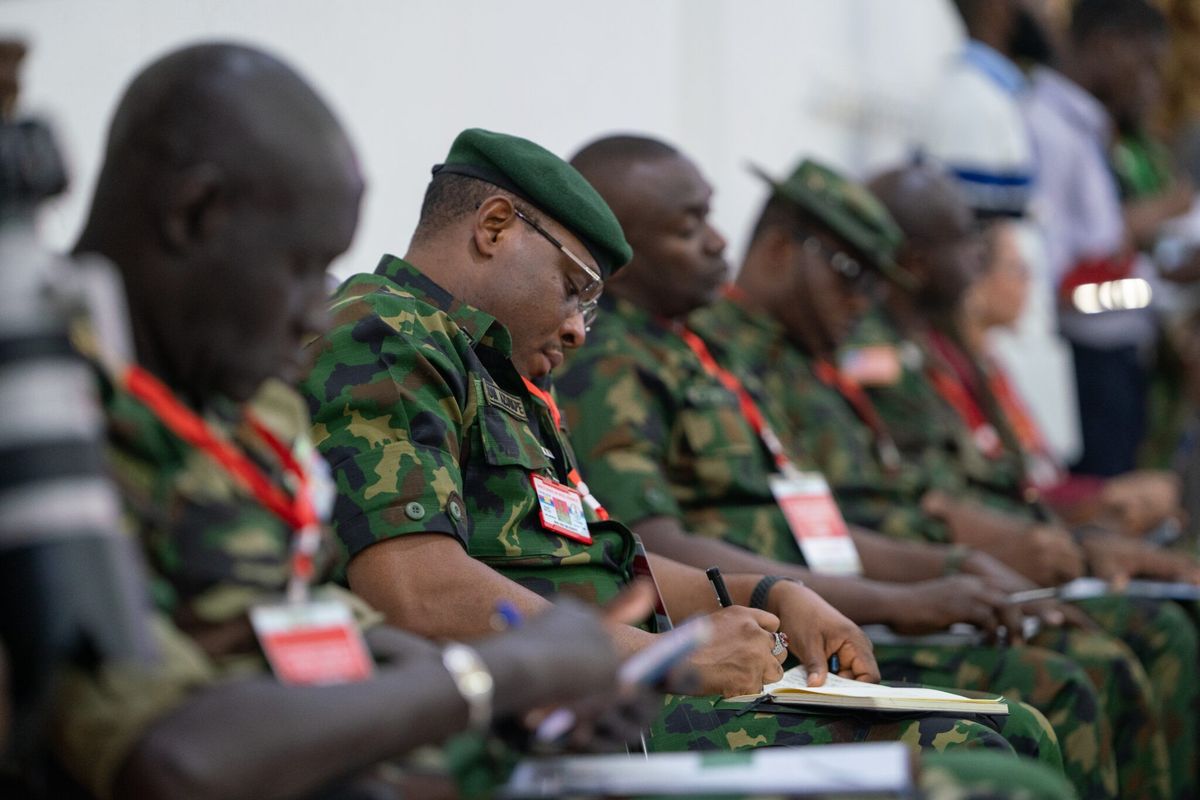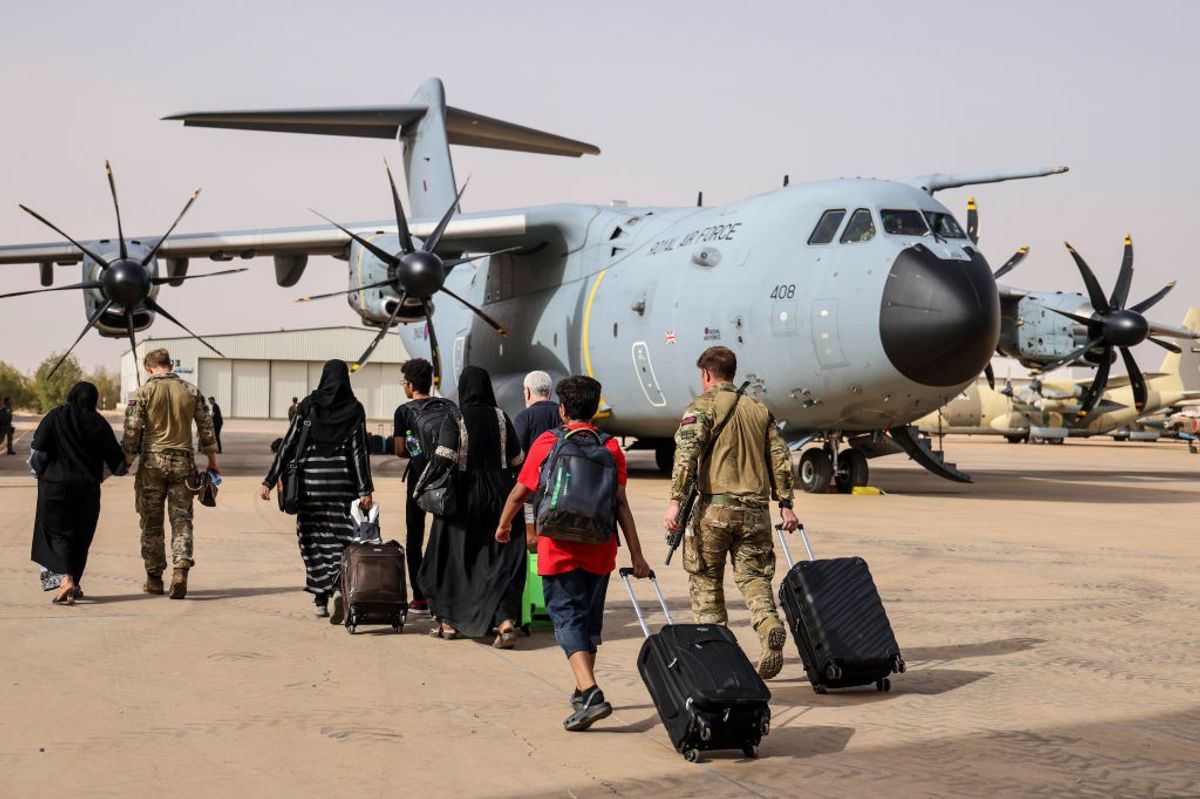African leaders have tried many different ways to evade term limits in recent years. Usually these take a form of reinterpreting when an incumbent’s first term started. Or they orchestrate a referendum or constitutional amendment bypassing the term limit restriction. The tack taken by the Democratic Republic of the Congo’s Joseph Kabila is particularly straightforward – and brazen. He is simply avoiding holding elections for his successor altogether.
Having already been in power for more than 10 years and nearing the completion of his second and final term in December, Kabila has set in motion a series of actions that are preventing the National Independent Electoral Commission (CENI) from holding presidential elections in November as planned. On its current trajectory, this means presidential elections wouldn’t be held until 2018 at the earliest. His intent is to continue his hold on power in the interim. Meanwhile, loyalists are busily working to lift the two-term limit in total.
Kabila’s efforts to establish a monopoly on power have been systematic. They include securing a super majority in the National Assembly in the highly dubious 2011 elections; rolling back the two-round election process so that a presidential candidate could secure victory with only a plurality; expanding the number of provinces from 11 to 26 and then appointing governors in the new provinces; packing the Supreme Court by increasing the number of justices from 7 to 27; as well as appointing new leadership at CENI. In short, this has been a determined effort to control every step of the electoral process.
Kabila and his political allies are believed to have used their extended time in power to advance their private financial interests. Kabila’s patronage networks include high-level appointments to dozens of state enterprises. The Panama Papers disclosed that his twin sister, Jaynet Kabila, owns an indirect stake in the DRC’s largest mobile phone operator. The government is also alleged to have sold mineral and oil concessions under their value to foreign actors in return for kickbacks. The DRC ranks 147th out of 167 countries in Transparency International’s annual survey on corruption.
Despite the country’s immense natural resource wealth, only half of the DRC’s 80 million people have access to safe water. One in five Congolese children die before they reach the age of five. These measures are roughly 20 percent lower than the average for Sub Saharan Africa – and have remained largely unchanged during Kabila’s time in power. Over two million Congolese are refugees or internally displaced due to instability.
Many Congolese citizens, unsurprisingly, are hungry for change – and have been trying to do so through democratic means. Civil society groups and opposition political parties have actively engaged in the political process since the end of the 1998-2003 civil war in which some 4-6 million people may have died. Yet, since Mr. Kabila was first elected in 2006, the institutional and civic space for dissenting views has been steadily shrinking. Opposition leaders, activists, and journalists have regularly been subject to intimidation, harassment, and arrest. These actions appear to be attempts to prevent any momentum for change from gaining traction.
In the past several years, opposition parties and civil society leaders have become more organized, successfully blocking parliamentary procedures in 2014 and 2015 that would have delayed elections. The influential Catholic Church has become increasingly vocal in condemning the ruling People’s Party for Reconstruction and Democracy (PPRD)’s efforts to extend its time in power. This year, a coalition of opposition parties united under the banner of “Le Rassemblement” mobilized the public to mount an electoral challenge to Kabila. This has resulted in a steady rise in the number of public protests. A “stay away” campaign in August brought Kinshasa to a standstill. The government has pushed back resulting in clashes with citizens. The police have not hesitated to fire on protesters, including at a rally in mid-September organized by Le Rassemblement in which at least 44 people were killed.
And so a showdown appears imminent. Kabila has seemingly calculated that he can carry on with his obfuscating tactics, incrementally justifying delays until he can erode away term limits altogether. He has apparently determined that through a combination of ignoring elections, calling for dialogue, and sheer force, he can ride out any controversy until domestic and international attention dissipates.
He may be right. Congolese have long been accustomed to autocratic leaders and have shown extraordinary tolerance for corrupt and unresponsive governance. Likewise, the international community largely looked away when Kabila coopted the 2011 electoral process. While key international actors, such as the African Union, the United Nations, the European Union, France, and the United States, have all called for the holding of elections in 2016, the issue has not garnered a high international profile or a champion to rally support.
Then, again, Kabila may be wrong. There are indications that the youthful Congolese population (75 percent of which is less than 30 years old) is fed up with the status quo politics of exclusion. If they determine that peaceful protests are futile, they may turn to more destructive methods. And with a population of 11 million people, an angry populace in Kinshasa could easily overwhelm the fragmented and poorly trained security forces.
Kabila would then be facing an exit similar to long-time Burkina Faso leader, Blaise Compaoré, who fled to Côte d’Ivoire in the face of mass public protests after he angled to extend his time in office. Unchanneled anger could also lead to more widespread violence in the DRC, reinforcing social fissures that could take Africa’s second largest country back into civil war.
Beyond the social and humanitarian impacts, Kabila’s staying in office past his second term would validate his tactic of skirting elections. This would surely be copied elsewhere on the continent – and would represent a major step backward for Africa, where the process of holding elections has become the norm since the 1990s.
Changing the political trajectory in the DRC will require altering Kabila’s political calculus. Currently, he faces few consequences for bypassing the electoral process and therefore has little incentive to comply. Some priority actions to change this include:
- As stipulated in the Constitution, a caretaker government should be identified to manage the transition period leading up to elections. This interim administration should be prepared to take on these responsibilities starting December 20, the day after Kabila’s term ends. This caretaker government should be comprised of respected technocrats as determined by a committee representing opposition groups, civil society, and the PPRD. Leading officials of the caretaker government should be ineligible to run for political office in the subsequent election.
- Restrictions on opposition politicians and civil society leaders who have been arrested, prevented from meeting with supporters, or barred from reentering the country should be lifted. Doing so will enable a genuine political dialogue on the future direction of the country.
- Until Kabila complies with these steps in the transition, he and other PPRD leaders should face asset freezes for undermining democratic processes in the DRC (as has been done in Zimbabwe). These individuals and their family members should also face travel bans.
- Once Kabila’s constitutionally-mandated term ends on December 20, the African Union and the UN should also cease to recognize him as the head of state of the DRC. He would no longer represent the legitimate or legally-mandated leader of the country. He or his administration should consequently not have the legal authority to access sovereign financial accounts held within the international financial system or act as contracting authority for the state.
The current crisis in the DRC is entirely self-generated by Kabila. It is not inevitable that this crisis slides into widescale violence and fragmentation. Preventing this from happening will require Congolese reformers and international actors to work together to reinforce the DRC’s nascent attempts to institute checks on executive authority. That starts with requiring leaders to leave when they’re supposed to.
The views expressed are those of the author.












